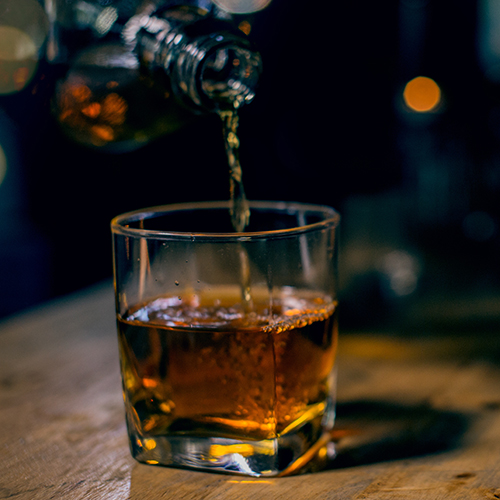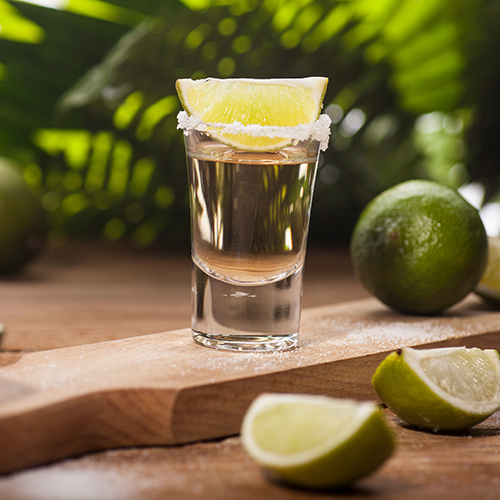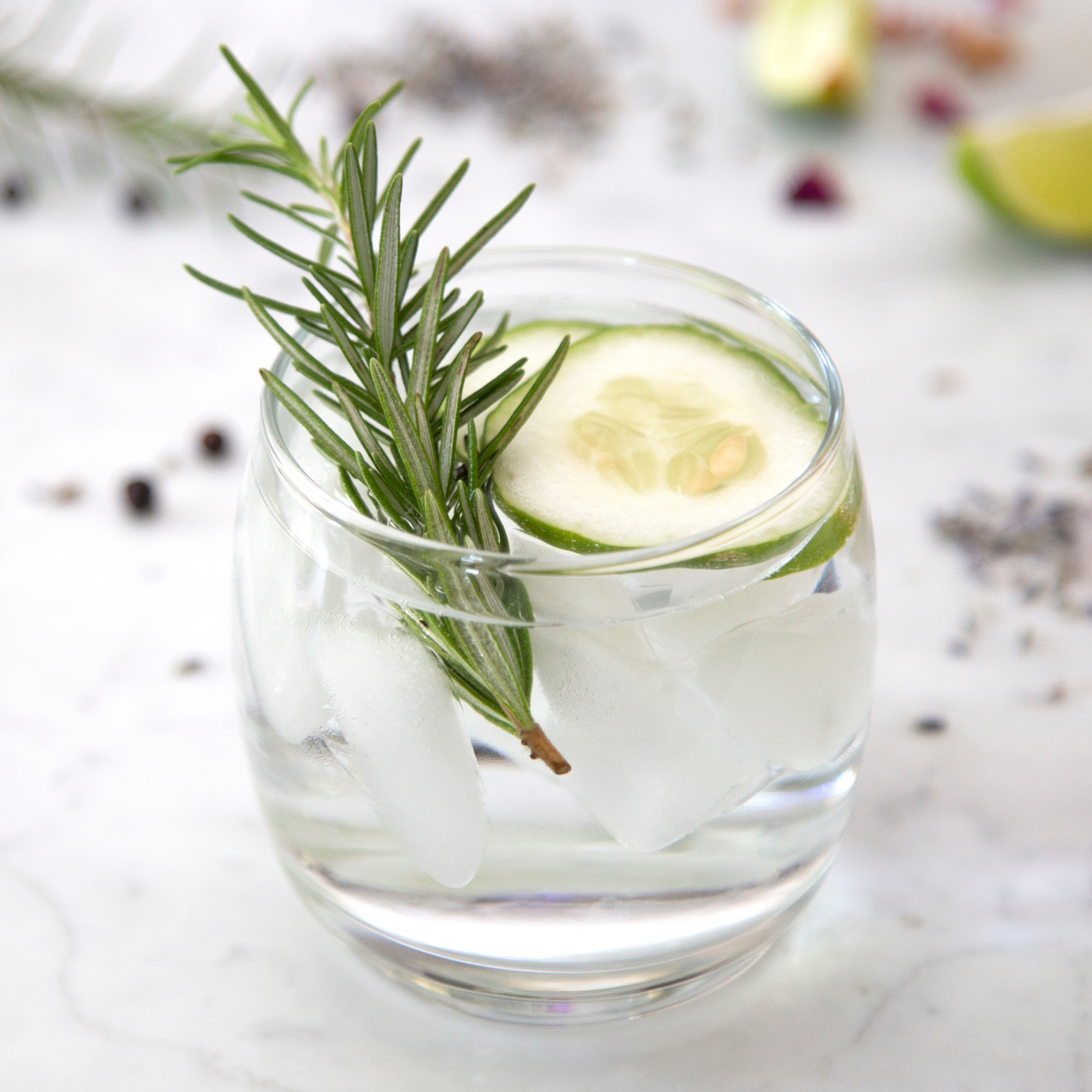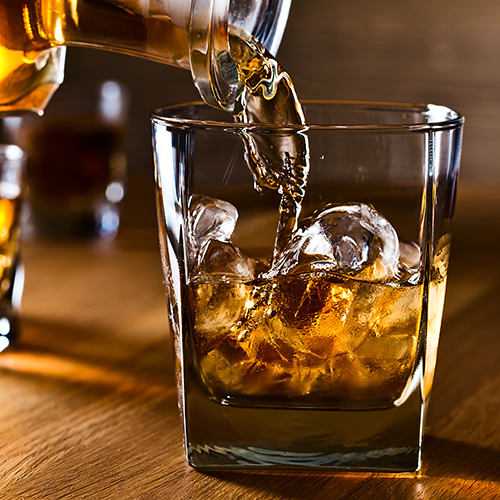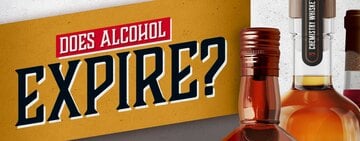Bar Management
WebstaurantStore / Food Service Resources / Bar Management / A Guide to Non Alcoholic Liquors

- Topics 1520
- Industrial 57
- Troubleshooting Guides 32
- Restaurant Management 142
- Bar Management 66
- Catering Tips 41
- Bakery Management 47
- Food Trucks & Concessions 44
- Advertising & Marketing 40
- Eco-Friendly Tips 11
- Facility Layout & Design 49
- Coffee Shop Tips 31
- Installation & Maintenance 58
- Janitorial & Pest Control 33
- Safety & Sanitation 110
- Startup Tips 112
- Menu Design 11
- Kitchen & Cooking Tips 104
- Hospitality Management 24
- Pizza & Sandwich Shop Tips 28
- Smallwares 39
- Food Prep 101
- Tabletop Items 20
- Disposables 26
- Calculators & Tools 8
- Consumables 71
- Warewashing & Laundry 22
- Cooking Equipment 95
- Food Storage & Refrigeration 54
- Beverage Equipment 39
- Office Supplies 5
Join Our Mailing List
Receive coupon codes and more right to your inbox.


